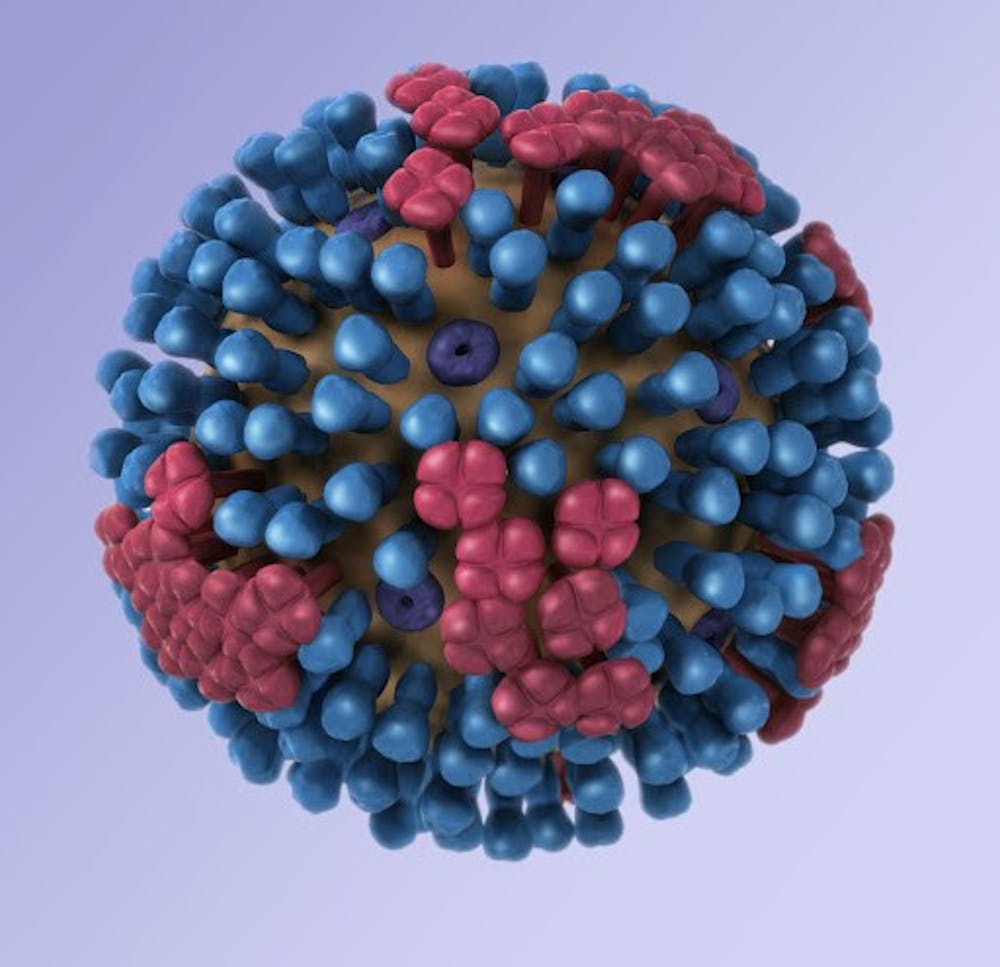As Duke moves forward with preparations for students’ return to campus, the rate of new COVID-19 cases in North Carolina is rising.
Under Governor Roy Cooper’s Executive Order 147, North Carolina will remain in the second phase of reopening until July 17, one month before the planned first day of classes for Duke undergraduates. Additionally, the executive order requires people in North Carolina to wear masks in both indoor and outdoor public places where social distancing is not possible.
There are numerous exceptions, including during vigorous exercise, for children under 11 and while eating or drinking.
The decision to remain in Phase 2 was made because North Carolina’s daily number of positive COVID-19 tests has been, on average, increasing. The percent of positive COVID-19 tests remains high, and hospitalizations for COVID-19 are generally increasing.
As of Wednesday, the state has recorded 66,513 lab-confirmed COVID-19 cases and 1,373 deaths, according to the state Department of Health and Human Services website. As of Wednesday evening, there have been 3,876 confirmed cases of COVID-19 in Durham County and 65 deaths, according to the county public health department.
In a Tuesday message to the Duke community, President Vincent Price wrote that Duke staff was monitoring public health in the state and across the country.
“While the trends we see today are concerning, we believe that the many safety precautions we are putting in place will allow us to responsibly continue along the path towards opening Duke’s Fall 2020 semester on campus in August,” Price wrote.
North Carolina moved into its first phase of reopening May 8. Retail businesses opened with 50% capacity, childcare centers reopened for children of working parents and parents looking for employment, and people were permitted to gather outdoors with friends. Gyms, theaters, music venues, bowling alleys, barber shops and hairdressers, and playgrounds remained completely closed.
The “safer-at-home” phase, a modified version of the originally planned second phase, has been in place since May 22. Effective June 26, Cooper extended this phase until at least July 17.
Cooper’s original plan for Phase 2 would have allowed bars, gyms, nightclubs, indoor entertainment venues and public playgrounds to reopen, with restrictions. The modified plan kept those venues closed, but allowed restaurants, pools, day camps and more retail businesses to reopen with limited capacity and social-distancing guidelines.
Durham County and the City of Durham have maintained stricter guidelines than the state government throughout most of the course of the pandemic.
Under the amended Durham City-County stay-at-home order, masks have been required of people in Durham in non-household settings since Monday, April 20, much earlier than the statewide mask rule put in place June 26.
Durham’s “safer-at-home” order, effective beginning June 1, followed all of Cooper’s Phase 2 guidelines but put some additional, more stringent regulations in place. The order imposed a 10-person limit to groups indoors and outdoors with social distancing and sanitation required, in contrast to NC’s 25-person outdoor limit and 10-person indoor limit.
The order was updated June 12 with new regulations regarding outdoor fitness classes and real estate open houses.
North Carolina is one of the nine states whose residents must quarantine for 14 days before entering New Jersey, New York or Connecticut. The other states are Alabama, Arizona, Arkansas, Florida, South Carolina, Washington, Utah and Texas. The rule, which is based on seven-day rolling averages and will be updated weekly, applies to states with a positive test rate higher than 10 per 100,000 residents, or a positivity rate of 10% or higher.
In North Carolina, COVID-19 regulations quickly became a source of political tension, particularly between Democratic governor Cooper and the Republican-controlled legislature. Cooper has vetoed bills that the legislature has passed attempting to relax his regulations.
Additionally, special-interest groups representing bars, churches and gyms have sued the governor’s administration for treating those businesses different from others.
There have also been multiple instances of unmasked protestors gathering in Raleigh, in front of government buildings, to demand that Cooper’s regulations be revoked. This Friday, protesters led by the group ReopenNC asked legislators to block Cooper’s mask requirement, delivering a petition with 6,000 signatures.
Since the virus first hit North Carolina in March, it has spread from dense urban areas to more rural towns, heavily impacting the state’s Black, Hispanic and Indigenous communities.
Get The Chronicle straight to your inbox
Sign up for our weekly newsletter. Cancel at any time.

Anna Zolotor is a Trinity senior and recruitment chair for The Chronicle's 118th volume. She was previously news editor for Volume 117.

